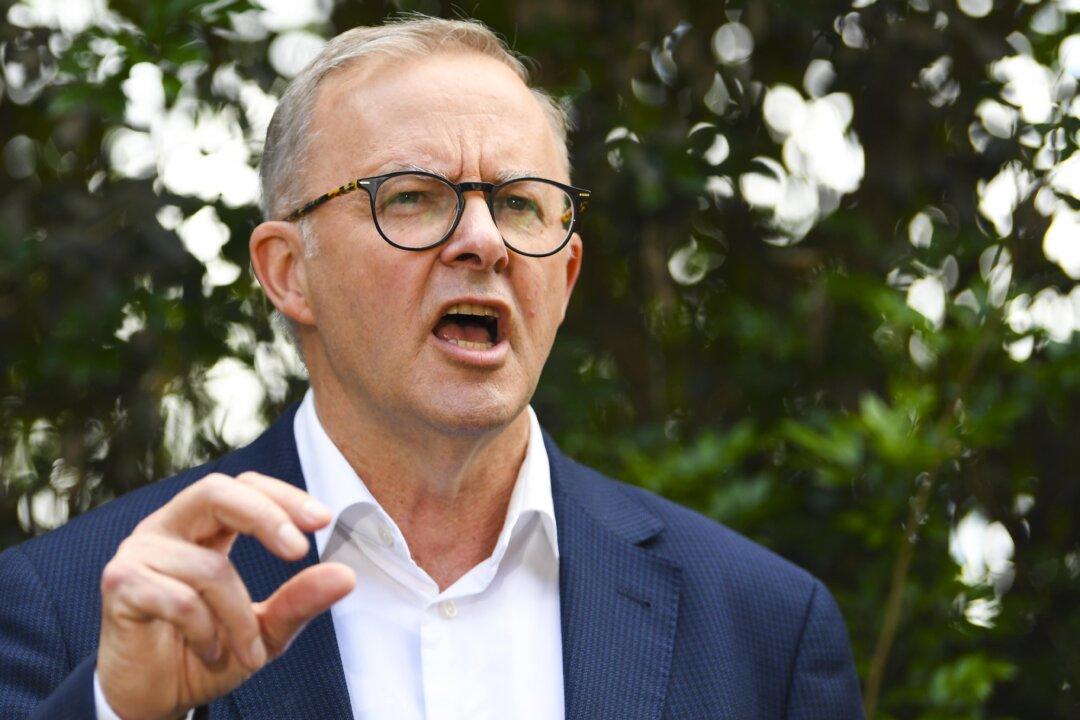Australian Prime Minister Anthony Albanese has called on Beijing to admit it was a mistake to impose economic coercion on Australia and to remove trade barriers that have been place since 2020.
The comments by Albanese come days after Australia’s Foreign Minister Penny Wong and Chinese Foreign Minister Wang Yi met on the sidelines of the G20 Foreign Ministers’ Summit in Bali, Indonesia on July 8.




